What do Toni Morrison and Jewish mystics have in common?
They share an understanding of reading as a transformative experience. Morrison writes about a love affair between author and reader, where the “right reader” is attuned to the invisible ink the author leaves behind in the text. Similarly, the Maggid of Mezritch, an 18th-century Hasidic master and key disciple of the Baal Shem Tov, speaks of the transformative dimensions of text study. In Chassidic thought, the sacred power of Hebrew texts stems from the belief that Hebrew letters are the primordial material from which the world was formed. The letters are not just symbols—they are the result of God’s contraction from infinity into something. God used those very letters to shape the cosmos.
At a time of rising anxiety about this generation’s supposed inability to engage in deep, immersive reading, this class returns to the insights of mystics like the Maggid—and of Toni Morrison—to ask: What can happen when we read well?
Ziva R. Hassenfeld is the Jack, Joseph and Morton Mandel Assistant Professor in Jewish Education at Brandeis University. She studies reading comprehension from a sociocultural perspective, focusing on how children develop interpretations of the Hebrew Bible as a case of student reading development.
In addition to her research, Ziva is a passionate educator. She has taught Hebrew Bible in a variety of settings, including at JCDS, Gann Academy, Genesis/BIMA at Brandeis, Silicon Valley Beit Midrash, Stanford Hillel, Congregation Beth Jacobs, and Congregation Emek Beracha. She is a Wexner Fellow and Davidson Scholar, Class 25.

